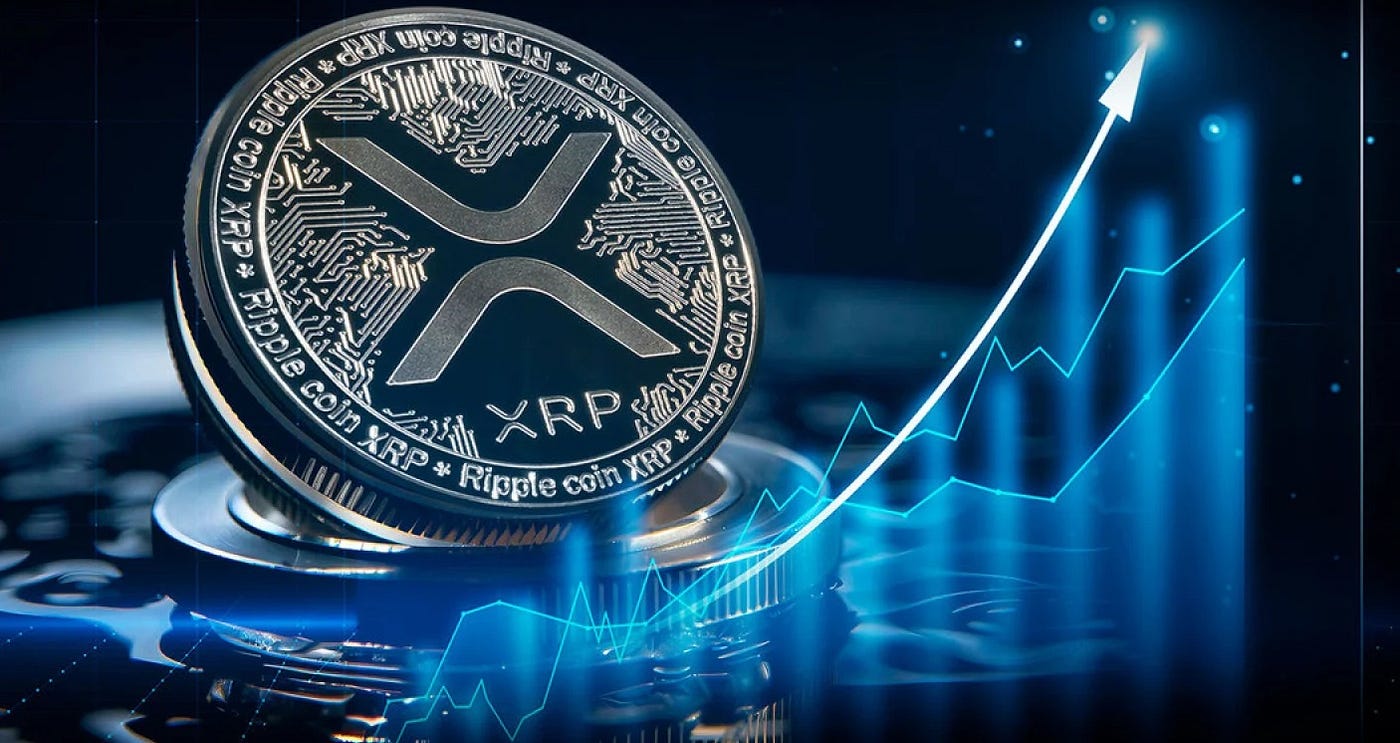|
Getting your Trinity Audio player ready...
|
The upcoming BRICS+ Forum in Kazan, Russia, promises to be a pivotal event. With 21 countries and 200 mayors attending, the focus is on fostering connections beyond national leadership, reaching the grassroots level. But the whispers on everyone’s lips concern the potential game-changer: the BRICS currency.
Russia’s Deputy Foreign Minister, Sergei Ryabkov, has squashed rumors of the BRICS currency being shelved. While acknowledging implementation challenges, he revealed that a concrete decision is on the horizon – by the October BRICS summit. This signals a faster-than-anticipated timeline, with Ryabkov hinting at a “bold, innovative scheme” emerging within a timeframe shorter than years or decades.
The ambition is clear: reduce reliance on the US dollar. Ryabkov confirmed ongoing discussions about settling cross-border payments through digital currencies among BRICS nations and “friendly countries.” This move, if successful, would significantly impact global trade, potentially weakening the US dollar’s dominance and integrating local BRICS currencies into international transactions.
What’s at Stake?
The potential ramifications of a BRICS currency are vast. It could reshape the international financial landscape, challenging the US dollar’s long-held position as the global reserve currency. For BRICS nations (Brazil, Russia, India, China, and South Africa), a new currency signifies economic independence and a stronger collective voice.
Also Read: China’s Export Boom Fuels Growth Prospects, But Challenges Loom for BRICS Nation
Challenges and Questions
Developing a new reserve currency is no easy feat. Establishing trust, ensuring stability, and creating a robust infrastructure for international transactions are just some of the hurdles the BRICS alliance needs to overcome.
The October summit is likely to provide more details about this “bold scheme.” Whether it lives up to Ryabkov’s ambitious claims and how it will be implemented remain to be seen. However, one thing is certain: the BRICS+ Forum in Kazan has the potential to be a landmark event, marking a significant step towards a multipolar financial system.
Disclaimer: The information in this article is for general purposes only and does not constitute financial advice. The author’s views are personal and may not reflect the views of Chain Affairs. Before making any investment decisions, you should always conduct your own research. Chain Affairs is not responsible for any financial losses.
I’m your translator between the financial Old World and the new frontier of crypto. After a career demystifying economics and markets, I enjoy elucidating crypto – from investment risks to earth-shaking potential. Let’s explore!




